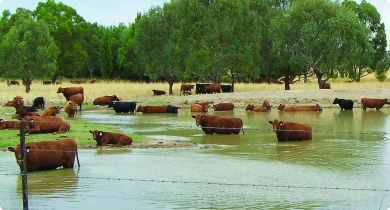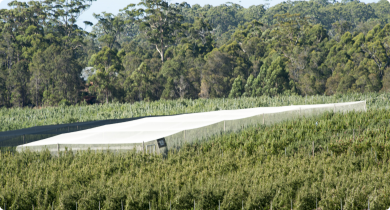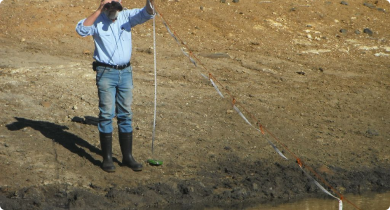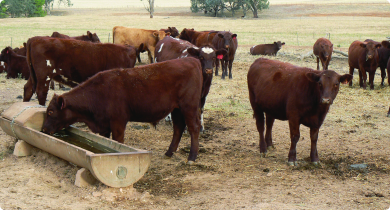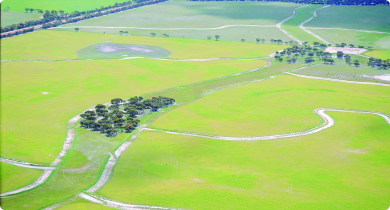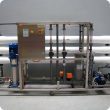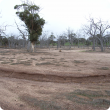Water
A changing climate and increased competition for scarce water resources means the Western Australian agriculture sector must adapt to reduced water availability. The Department of Primary Industries and Regional Development is supporting the sector through innovative research and management strategies to identify new water resources, and sustain the quality and efficient use of available water resources.
The department provides technical information on a range of water related issues, and works to complement the Department of Water and Environmental Regulation's administration of the Western Australian Farm Water Planning Scheme. This scheme supports dryland farming communities to improve and better manage non-potable water supplies, through incentive schemes, grants, and planning and technical services.
See Also
- Surface water management in Western Australia
- Managing subsurface water in Western Australia
- Groundwater desalination on farms in Western Australia
- Groundwater desalination and regulation for farm water supply in Western Australia
- Report card on sustainable natural resource use in agriculture in Western Australia
- Royalties for Regions
- Land drainage and the Soil and Land Conservation Act, Western Australia
Articles
Pages
Filter by search
Filter by topic
- Soils (17) Apply Soils filter
- (-) Remove Managing soils filter Managing soils
- (-) Remove Soil salinity filter Soil salinity
- Water management (11) Apply Water management filter
- Resource assessment (6) Apply Resource assessment filter
- Crops (6) Apply Crops filter
- Land use (5) Apply Land use filter
- Waterlogging (2) Apply Waterlogging filter
- Measuring and assessing soils (2) Apply Measuring and assessing soils filter
- Water erosion (1) Apply Water erosion filter
- Grains (1) Apply Grains filter
- Report card on conditions and trends (1) Apply Report card on conditions and trends filter

